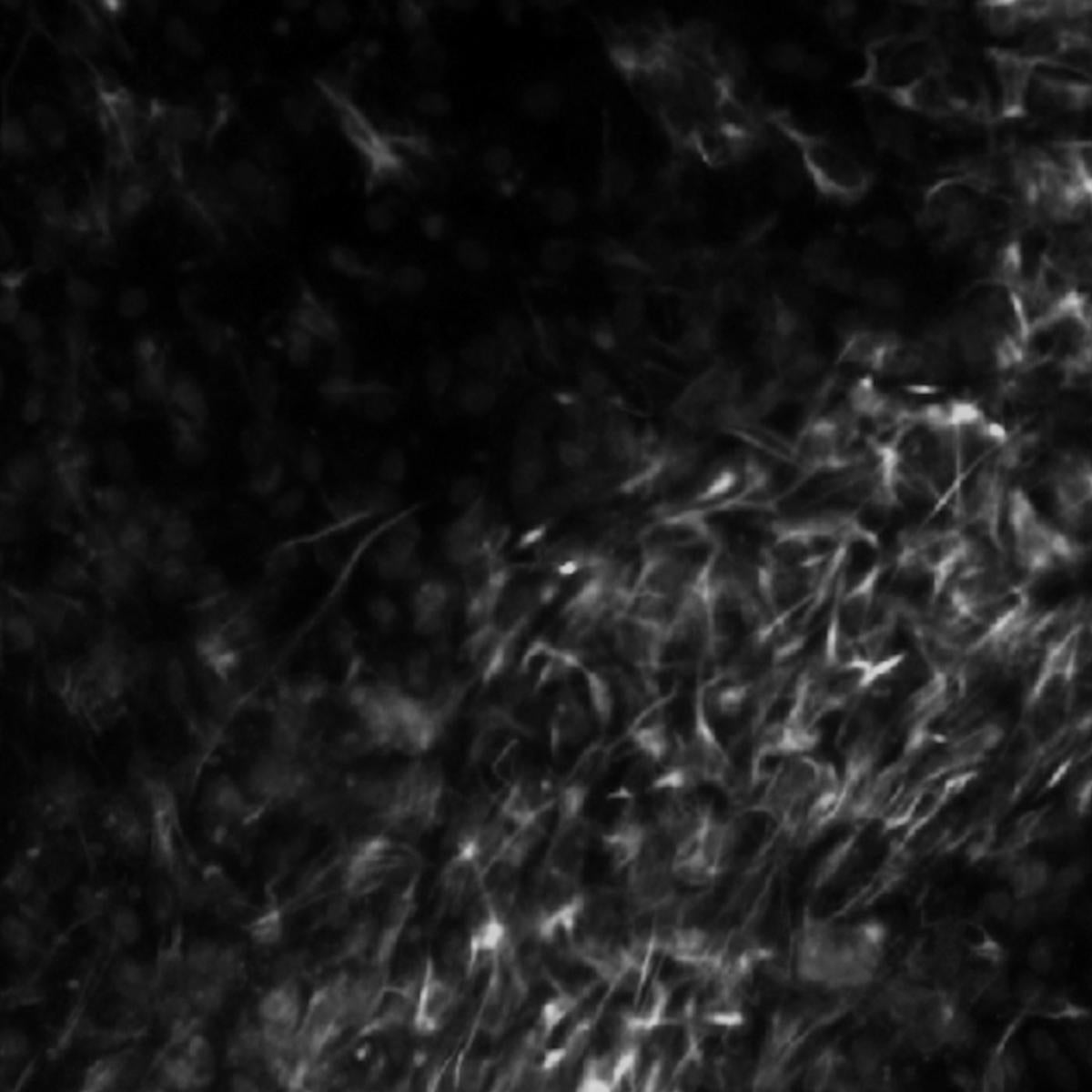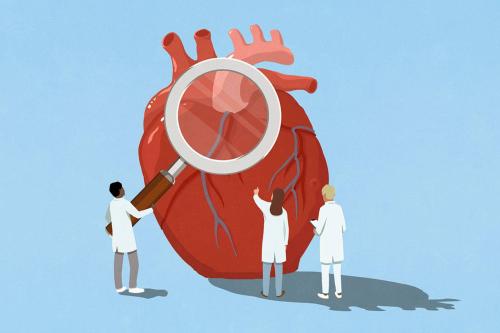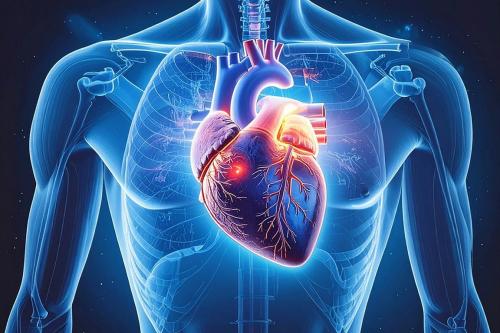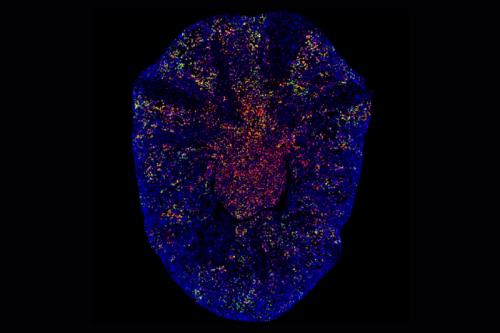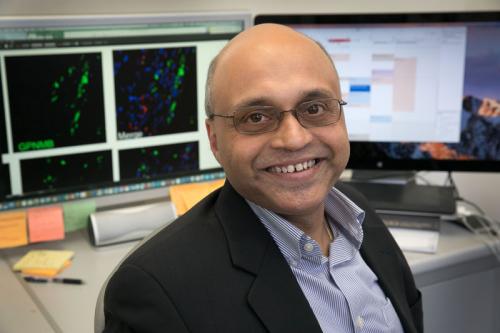
Arjun Deb, M.D.
- Professor, Cardiology
- Professor, Molecular, Cell and Developmental Biology
- Director, UCLA Cardiovascular Research Theme

Arjun Deb, M.D., treats patients with advanced heart disease and studies the basic mechanisms that regulate wound healing in the heart and other organs. He strives to develop treatments to enhance tissue repair following heart attacks and during conditions such as diabetes and chronic kidney disease.
Heart attack is the leading cause of heart failure, which kills more than 600,000 people in the U.S. each year. The 5-year survival rate once a diagnosis of heart failure is made is only 50% and there currently are no drugs that improve the heart’s repair process after a heart attack.
Deb seeks to reduce heart failure rates by developing new treatments that drive tissue repair in the heart and reduce scarring. To accomplish this, he examines the basic mechanisms of wound healing and studies how heart muscle cells scar after acute or chronic injury.
Reversing or preventing scar tissue from forming after a heart attack remains one of the major challenges of cardiovascular medicine; scar tissue is a leading cause of irregular heartbeat, heart failure and sudden cardiac death. Deb has engineered a monoclonal antibody targeting a specific ectonucleotidase and shown that it exerts pleiotropic beneficial effects and enhances cardiac function after injury of the heart. He is now working to bring this therapeutic candidate to clinical trials in humans.
Because the mechanisms that regulate wound healing have remarkable overlap in most organs, Deb's research could benefit patients with a range of injuries and conditions such as diabetes and chronic kidney disease. He is working to identify the metabolic cues that regulate tissue repair across multiple organs to inform the development of innovative therapies for patients with these diseases.
Research Projects
- Identifying metabolic defects that limit tissue repair in the heart and other organs
- Uncovering the role of the extracellular matrix in regulating the degree of fibrosis Excessive scarring within an organ due to disrupted healing. It can lead to organ dysfunction and is associated with conditions like chronic kidney disease, liver cirrhosis and heart failure. fibrosis Excessive scarring within an organ due to disrupted healing. It can lead to organ dysfunction and is associated with conditions like chronic kidney disease, liver cirrhosis and heart failure.
- Developing therapies to promote tissue regeneration and repair
-
Medical Board Certification
- Cardiovascular Disease, American Board of Internal Medicine, 2005
Fellowships
- Cardiology, Duke University Medical Center, 2006
- Cardiovascular Disease, Mayo Clinic College of Medicine and Science, 2005
Residency
- Internal Medicine, Mayo Clinic College of Medicine and Science, 2002
Internship
- Internal Medicine, Mayo Clinic College of Medicine and Science, 2000
Degree
- M.D., Calcutta Medical College, India, 1997
